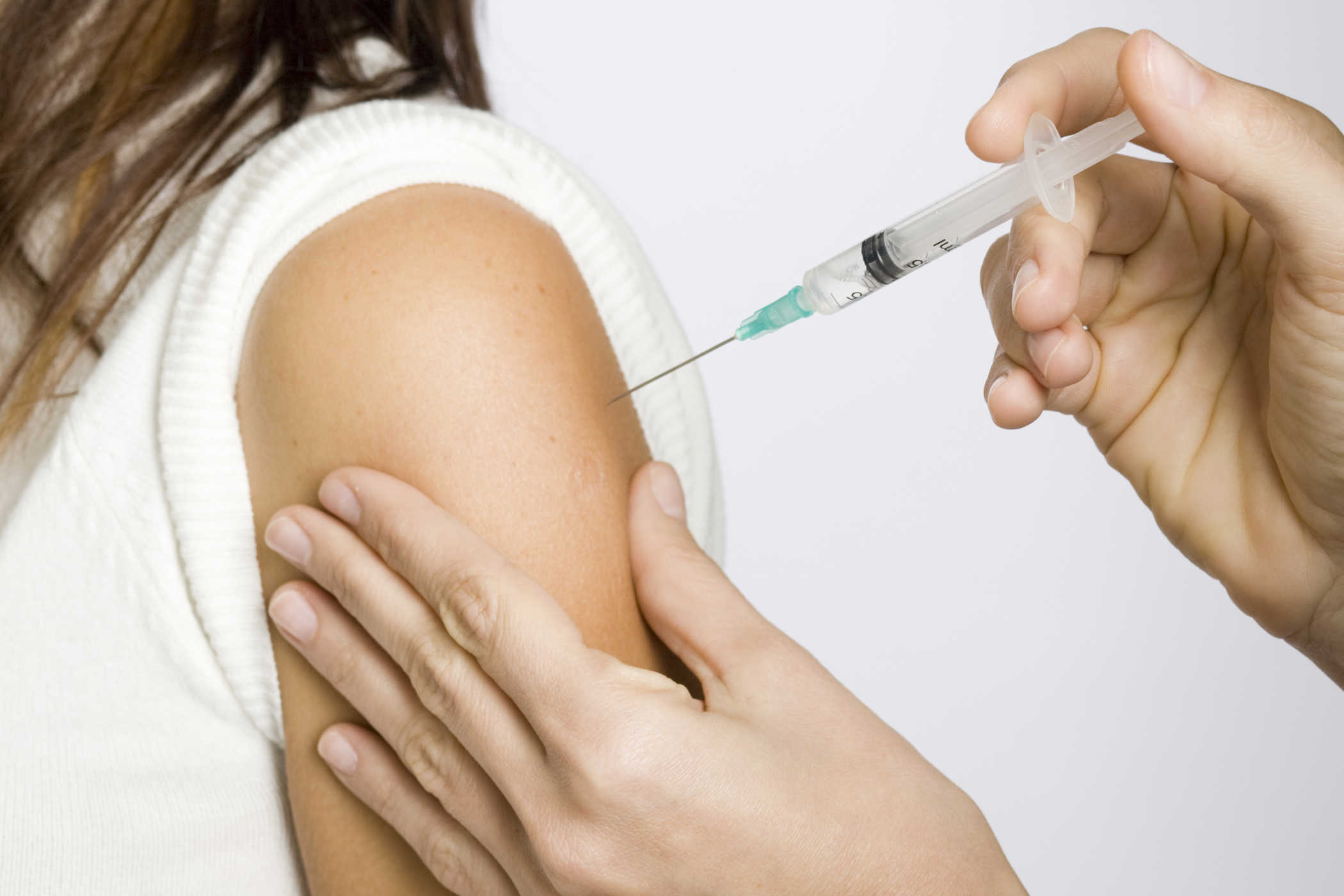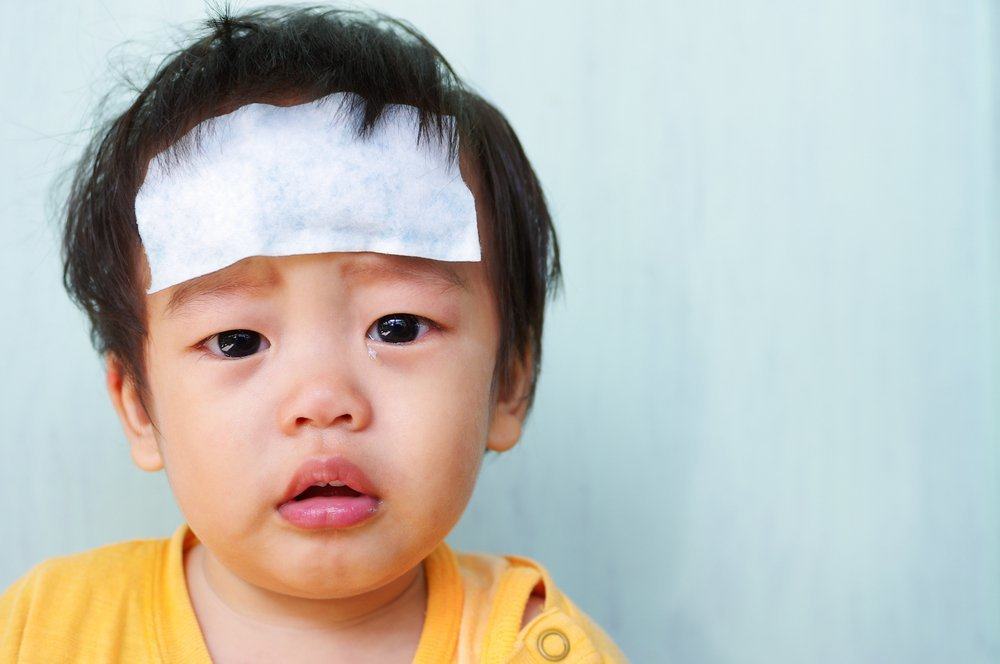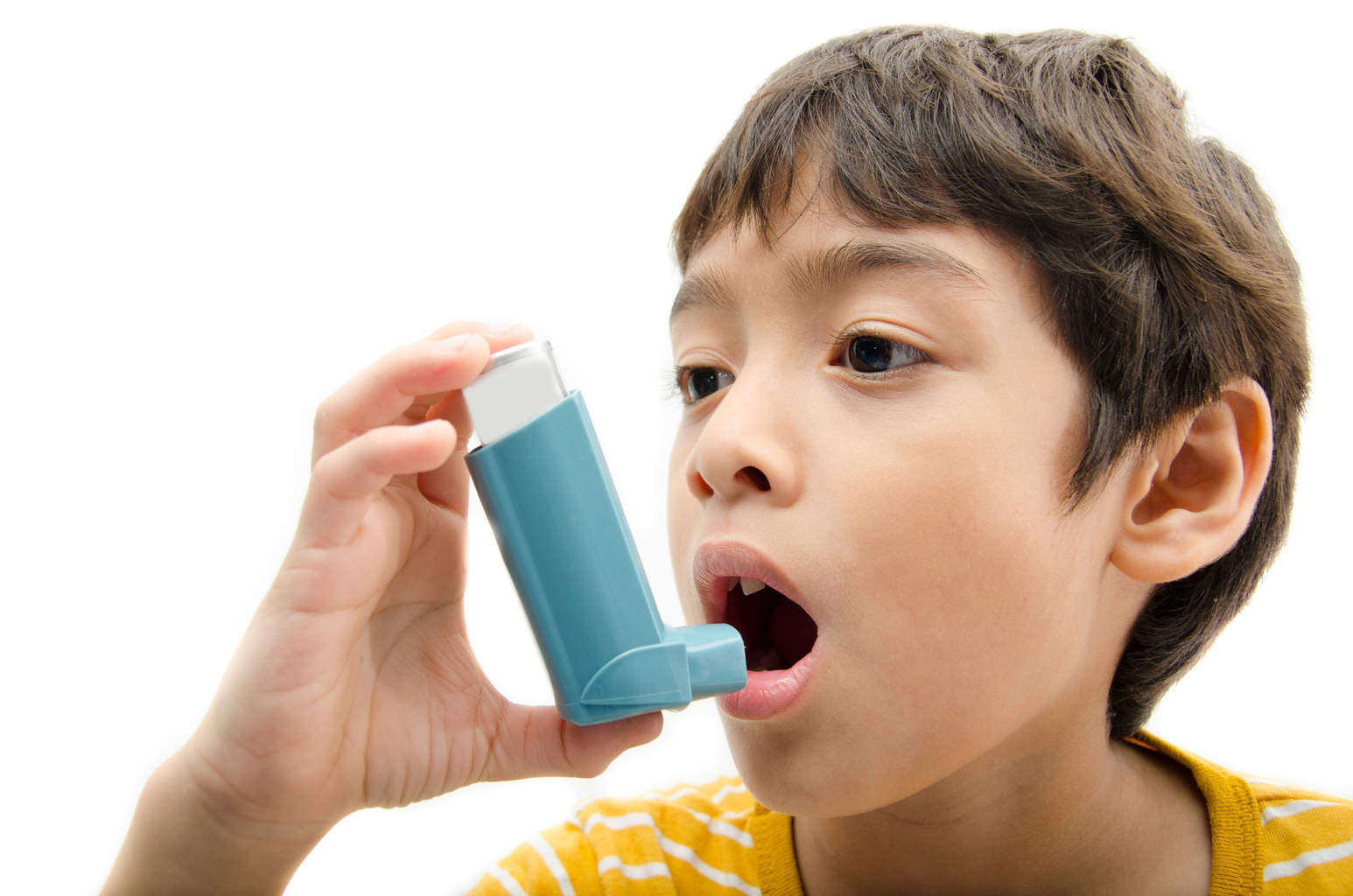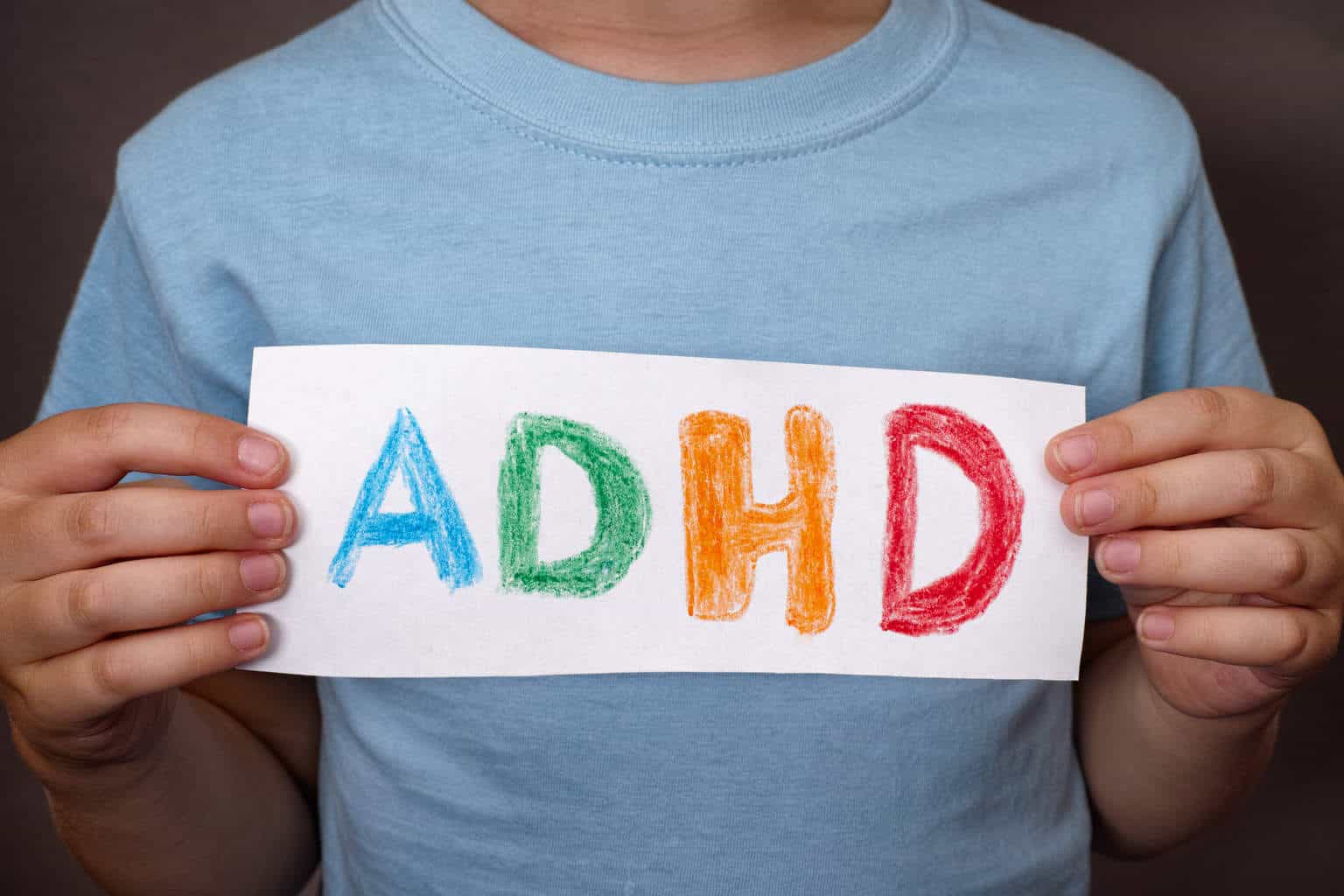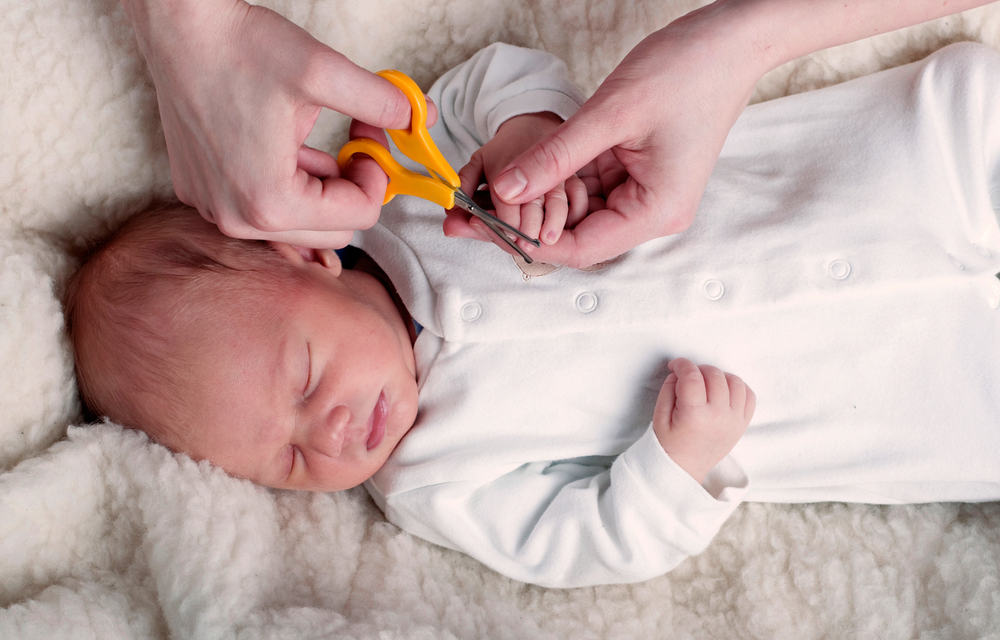Contents:
- Medical Video: Infectious Diseases A Z Why pregnant women need Tdap vaccine
- What diseases can harm the baby?
- What vaccinations are needed before pregnancy?
- 1. Measles, Mumps and Rubella (MMR) Vaccines
- 2. Smallpox vaccine
- Vaccinations that can be done during pregnancy
- 1. Hepatitis B vaccine
- 2. Hepatitis A vaccine
- 3. Pneumococcal vaccine
- If I am allergic to vaccines?
Medical Video: Infectious Diseases A Z Why pregnant women need Tdap vaccine
Immunization can protect pregnant women and babies from infectious diseases. Some infectious diseases can cause serious harm to pregnant women and babies. Ideally, women should receive the latest version of immunization before pregnancy, and receive vaccines during pregnancy.
Vaccines can protect from many infectious diseases that can endanger the mother and baby. If a pregnant woman is infected with this disease, the womb can be affected. Newborns can also be affected if their mother has an infection.
What diseases can harm the baby?
Examples of infections that endanger the baby include:
- Rubella - can cause defects in the brain, heart, eyes and ears in infants and increase the risk of miscarriages and stillbirth(stillbirth).
- Chickenpox - can cause defects in the brain, eyes, skin, and limbs in babies.
- Measles - increases the risk of miscarriage, premature birth, or stillbirth.
- Mumps - increases the risk of miscarriage.
- Hepatitis B - can cause acute hepatitis B infection which can decrease in infants during labor, mother and baby can have potential as a "carrier" of hepatitis B (the virus does not disappear from the body).
- Influenza - increases the risk, miscarriage, premature birth, or vaginal discharge, and increases the risk of serious illness and death in the mother.
- Whooping cough (pertussis) - can cause pneumonia, seizures, encephalopathy and death in infants.
What vaccinations are needed before pregnancy?
Some infections can be dangerous during pregnancy, even though their appearance can be prevented. This is why you need a blood test when checkup before pregnancy to find out whether you are immune to the disease or not. If not, you need to receive the vaccine before becoming pregnant.
Be sure to delay pregnancy for 1 month after being vaccinated, because this vaccination is made from live viruses that can harm your baby.
1. Measles, Mumps and Rubella (MMR) Vaccines
Measles is characterized by fever, coughing, runny nose, and followed by red rash points a few days later. Mumps is also a contagious disease and can cause salivary glands to swell. If you get infected with one of these diseases while pregnant, the risk of miscarriage can increase (measles also increases the chance of preterm labor).
The rubella virus or German measles is characterized by flu-like symptoms and is often followed by a rash. Rubella can also be dangerous in pregnancy. Up to 85% of babies of mothers who have rubella in the first trimester experience serious birth defects, such as hearing loss and intellectual disability.
2. Smallpox vaccine
A very contagious disease, smallpox causes fever and an uncomfortable and itchy rash. About 2% of babies from mothers who have smallpox in the first 5 months of pregnancy experience birth defects, including disability and paralysis in the limbs. In addition, women who experience chickenpox at the time around labor can reduce infections that endanger a baby's life.
Vaccinations that can be done during pregnancy
Work or lifestyle can make you more vulnerable to certain diseases, for example diabetes. If you fall into the following category, your doctor may recommend additional vaccinations before or during pregnancy.
1. Hepatitis B vaccine
This vaccine is safe when you are pregnant, and if you are a health care worker or live with someone who has this disease, consider hepatitis B vaccination. Hepatitis B is a viral infection that can cause inflammation of the liver, nausea, fatigue and jaundice (on the skin and eye). In some cases, hepatitis B can cause chronic liver disease, liver cancer, and death. Pregnant women with hepatitis B can reduce their infection in infants during labor, and without direct treatment, babies have a high risk of serious liver disease when they are adults.
All pregnant women are recommended to be tested for hepatitis B because of the possibility that someone has hepatitis B without knowing it.
2. Hepatitis A vaccine
This vaccine protects from liver disease that spreads through contaminated food or water. Symptoms include fever, fatigue and nausea. Usually, hepatitis A is not as serious as hepatitis B, and usually this disease will not affect the baby. In rare cases, hepatitis A can contribute to preterm labor and infection in newborns.
The safety of this vaccine if done during pregnancy is unknown, but because it is produced from a dead virus, the risk seems low. If you work with a virus in a laboratory, you should discuss this vaccination with your doctor.
3. Pneumococcal vaccine
If you have a chronic condition, such as diabetes or kidney disease, your doctor can recommend a pneumococcal vaccine, which can protect against pneumonia. Although the potential harm to the womb is unknown, the researchers believe that the vaccine is a low risk if done during pregnancy.
If I am allergic to vaccines?
Serious reactions to vaccines are usually rare. However, your doctor can recommend that you not do certain vaccinations if you have an allergy to a substance contained. People who have yeast allergies are prohibited from receiving the hepatitis B vaccine, people who have severe allergies to eggs should avoid flu shots, and people with severe allergies to neomycin gelatin or antibiotics are prohibited from receiving vaccines against measles, mumps, rubella or varicella.
If you cannot receive certain vaccinations, discuss other alternatives to avoid the disease with your doctor.
READ ALSO:
- What Is Miscarriage Secretly?
- Factors That Trigger the Risk of Containing a Down Syndrome Baby
- 6 Causes of Low Birth Weight Babies

